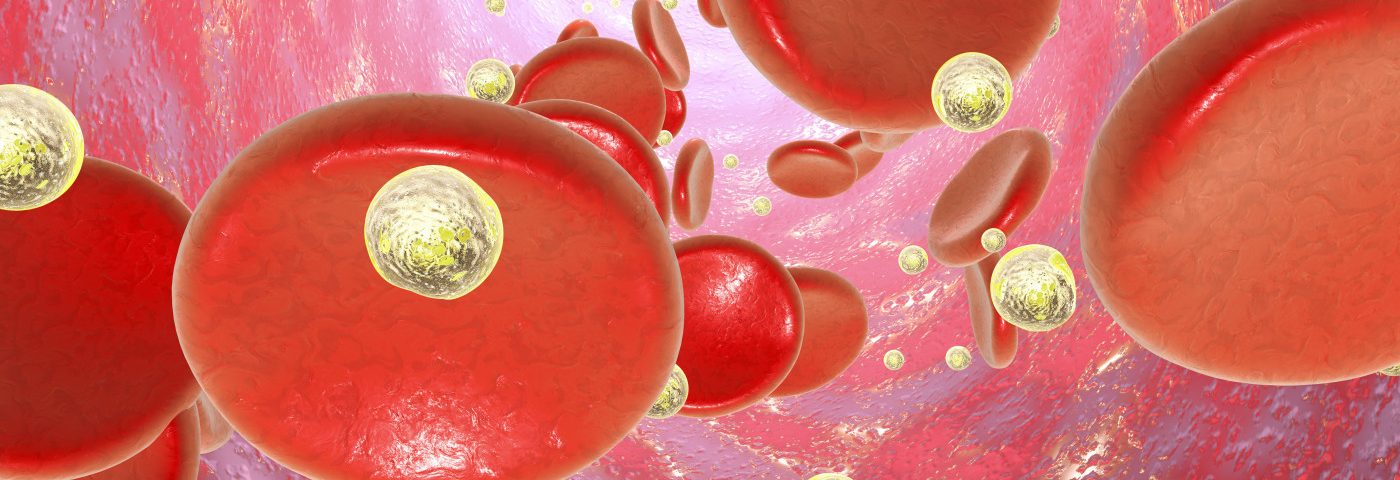A Phase 1/2a trial of Immix Biopharma’s IMX-110, a combination treatment targeting advanced solid tumors, including ovarian cancer, has received the necessary ethics board approval to begin.
The trial (NCT03382340) will explore the safety, tolerability, and pharmacokinetics (how the body metabolizes, distributes, and excretes a medicine) of IMX-110 in patients with a variety of advanced solid tumors.
IMX-110 has already shown effectiveness in fighting glioblastoma, multiple myeloma, and pancreatic, colorectal, triple negative breast, and ovarian cancers in animal models.
According to Immix, IMX-100 caused tumors to shrink in animals with pancreatic cancer. It also boosted the animals’ immune response to tumors by increasing the entry of tumor-killing T-cells into tumors. White blood cells that diminish the immune response and tumor endothelial cells – cells that line the blood vessels in tumors – almost completely disappeared, the company reported.
IMX-110 is a therapy that combines curcumin (the active ingredient of turmeric) with doxorubicin, a chemotherapy medicine, in a tiny delivery system – called a nanoparticle.
The nanoparticles, designed for optimal tumor penetration, can be linked to molecules that target tumors specifically, or target other cells that interfere with the anti-tumor response.
IMX-110 is a first-in-class therapy designed to stop tumors from developing resistance to drugs, as well as to kill tumor cells.
“By creating a combination therapy which attacks the root drivers of cancer’s evolutionary adaptability and resistance to any therapy, we have the chance to really change the paradigm of chasing tumor adaptations and provide meaningful benefit to cancer patients,” Immix CEO and co-founder Ilya Rachman, MD, PhD, MBA, said in a press release.
“We are excited to be able to partner with Immix in conducting this first-in-human study with a promising novel nanoparticle,” said professor Paul de Souza, the study’s principal investigator. “I look forward to seeing what it can do in cancers that are traditionally difficult to treat.”
Paul de Souza is a practicing medical oncologist who also conducts research in his laboratory at the Ingham Institute in Sydney. His research focuses on developing new drugs for cancer patients and new ways to monitor cancers.

